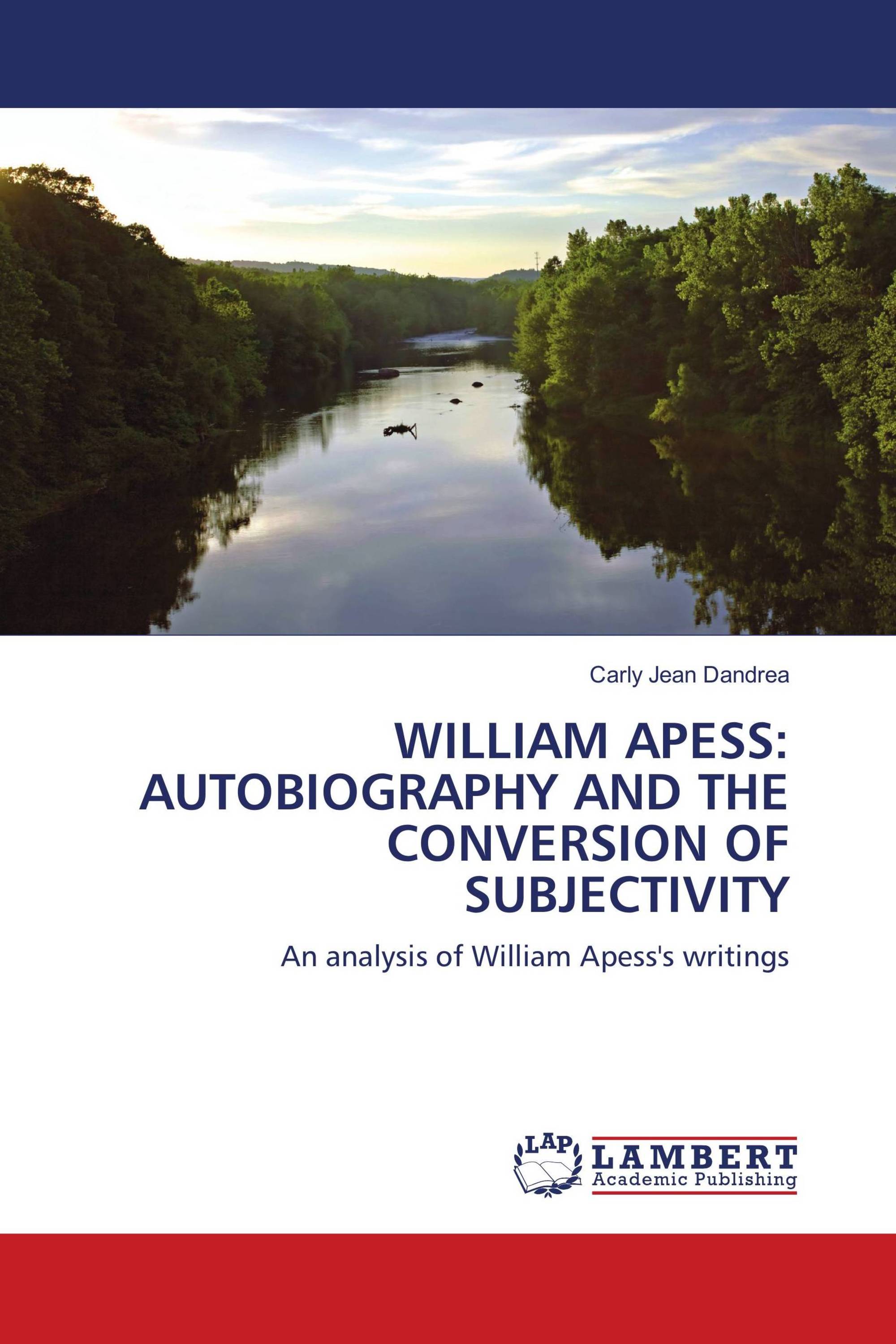WILLIAM APESS: AUTOBIOGRAPHY AND THE CONVERSION OF SUBJECTIVITY
An analysis of William Apess's writings
LAP Lambert Academic Publishing ( 2010-05-30 )
€ 49,00
Looking back on the work of William Apess, we can see the importance of such early Native American writing during the Jacksonian Era. This kind of writing explains the process of colonization and subjugation from the perspective of someone colonized and subjugated, a perspective often overlooked. Apess adds a unique and important perspective. Apess was not just writing his autobiography. He was using his story to convey his truth. Through his writing he claimed that Eastern Seaboard EuroAmericans greatly misunderstood and denigrated Mashpee and Pequot peoples, misrepresented early American history, and continued to unfairly subjugate Native Americans and other non- EuroAmericans. I trace shifting perspectives and subjectivities. With each shift in subjectivity, I find a changing relationship to his writing. This becomes a question of genre, freeing Apess’s writings from the restrictions ascribed to autobiography as a category of genre. The writings, especially Son of the Forest qualify as history writing, trauma writing, biography, and distinctly Native American social critique.
Book Details: |
|
|
ISBN-13: |
978-3-8383-0328-4 |
|
ISBN-10: |
3838303288 |
|
EAN: |
9783838303284 |
|
Book language: |
English |
|
By (author) : |
Carly Jean Dandrea |
|
Number of pages: |
112 |
|
Published on: |
2010-05-30 |
|
Category: |
Christianity |




